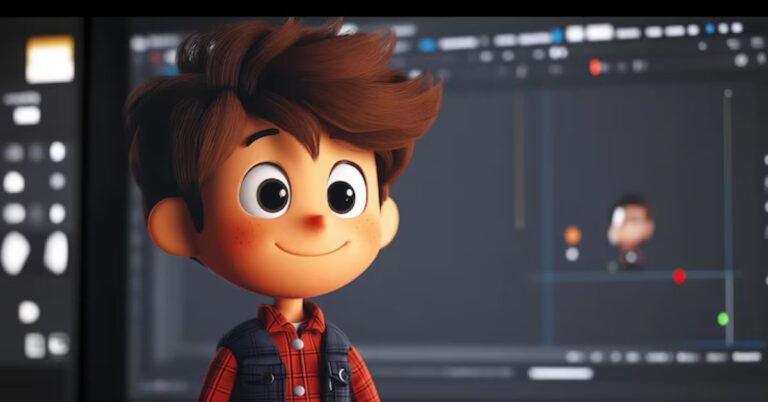Crafting a Durable Driveway: What You Need to Know

Introduction
A driveway is more than just a practical vehicle route; it’s the gateway to your home and a substantial contributor to your property’s first impression. Not only does a well-crafted driveway add curb appeal, but it also ensures safe and easy access to your property. A well-designed driveway can blend seamlessly with your home’s overall aesthetic, enhancing its exterior appeal and overall property value.
Choosing the Right Materials
When crafting a durable driveway, selecting the appropriate materials is paramount. Approaching a driveway installation project carefully is critical, ensuring every detail, from material to design, is optimized for longevity and performance. Common choices include asphalt, concrete, and pavers, each offering unique benefits and drawbacks. Asphalt is praised for its cost-effectiveness and ease of installation, providing a smooth and sleek finish that is particularly beneficial in colder climates due to its flexibility. Concrete is valued for its longevity and low maintenance, offering superior durability with the capability to withstand heavy loads and adverse weather conditions. On the other hand, pavers provide a customizable aesthetic and excellent durability, allowing homeowners to create intricate patterns and designs for a personalized touch. According to experts, durable construction materials play a pivotal role in ensuring the longevity of your driveway, so it’s crucial to choose wisely based on your environment and budget.
Innovative Design Options
Design isn’t just about aesthetics; it’s about integrating form with function. Today’s driveway designs focus on blending with the surrounding landscape, adding both beauty and utility. Homeowners increasingly opt for modern, minimalist designs that align with their homes’ architecture. The possibilities are endless, whether using permeable pavers for eco-friendliness or incorporating built-in lighting for added safety. For instance, a gravel driveway can offer a rustic charm and excellent drainage, while decorative concrete offers limitless design options through stamping and staining. To stay ahead, homeowners adapt designs catering to environmental conditions and personal tastes, often relying on the expertise of General Contracting professionals. Landscape design news can be beneficial for a deeper dive into current design trends.
The Importance of Quality Installation
A successful driveway project hinges on more than choosing the right materials and design; the quality of the installation process is equally crucial. Proper installation involves meticulous preparation and precision in execution. This includes ensuring the base is well compacted and the surface is evenly laid, which can prevent common issues like sinking or cracking. A well-installed driveway not only stands the test of time but also reduces the need for costly repairs or replacements in the future. Cutting corners during installation can lead to uneven surfaces and reduced lifespan, emphasizing the need for professional oversight. Skilled contractors understand factors such as drainage and slope, which are essential in preventing water accumulation and subsequent damage.
Maintenance Strategies for Longevity
Regular maintenance is key to extending the life of your driveway. Simple actions like cleaning debris, applying a sealant, and patching cracks can prevent significant damage. A clean driveway looks appealing and reduces long-term wear by preventing build-up that can lead to stains and chemical damage. Seasonal checklists guide homeowners in performing timely maintenance tasks, which are essential in protecting against harsh weather conditions. During winter, removing snow promptly and avoiding harsh de-icing chemicals can preserve the surface integrity. By incorporating these practices, you maintain the driveway’s aesthetics and functionality, ensuring it remains an asset rather than a liability.
Addressing Common Driveway Issues
Over time, driveways can experience cracking, potholes, and drainage problems. Early identification and remediation of these problems are crucial to maintaining your investment. For instance, regular inspections can help spot minor cracks before they develop into significant structural issues, enabling timely repairs with filler materials that are both effective and visually discreet. Ensuring proper drainage can also prevent water pooling, a common cause of driveway damage. Investing in appropriate edging can also prevent the loss of materials along driveways’ sides, maintaining its structure and integrity over time.
Expert Tips for Planning a Driveway
When planning your driveway, consider consulting with professionals who can provide insights based on experience and expertise. Factors such as future vehicle use, accessibility, and environmental conditions should influence the design and materials selected. Expert advice helps ensure the driveway complements the property while serving practical needs. Professionals can offer guidance on integrating sustainable practices, such as using recycled materials, into your new driveway. This not only curbs environmental impact but often provides cost savings.
Conclusion
Building a durable driveway is an art that blends material science with creative design. By focusing on quality materials, thoughtful design, impeccable installation, and proactive maintenance strategies, homeowners can enjoy a functional, attractive driveway that stands the test of time. Whether initiating a Driveway Installation project or maintaining an existing one, these insights will guide you toward a successful outcome. A well-maintained driveway is a practical entrance to your home and enhances property value and aesthetic charm.






